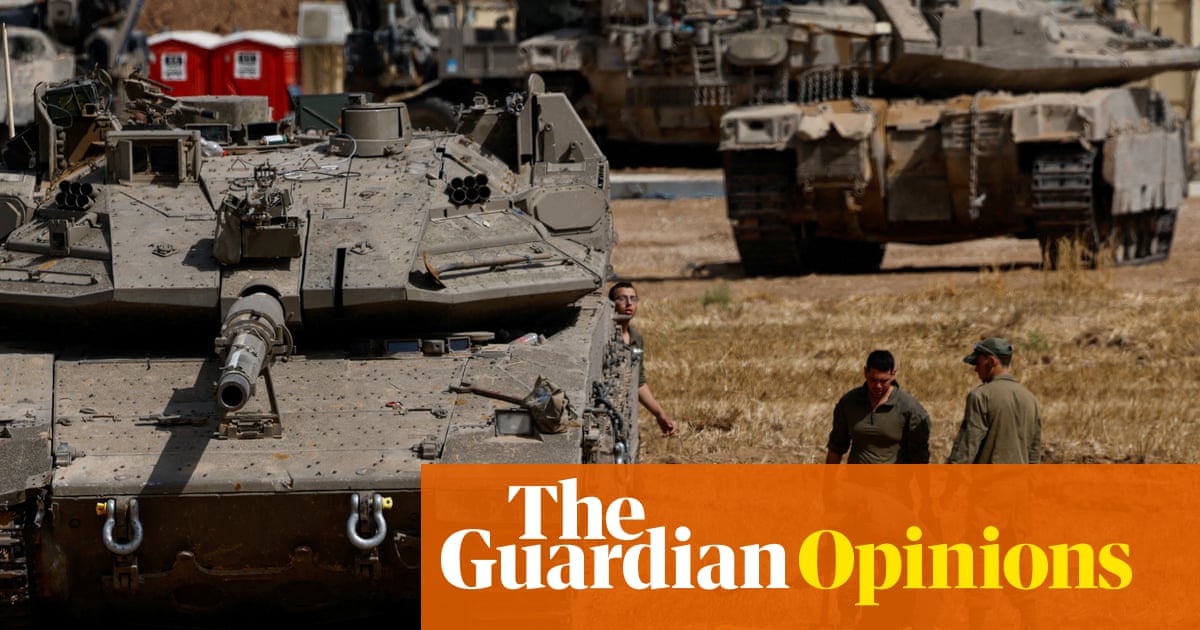We are university professors and human rights advocates who teach and write aboutPalestineandIsrael. We have collectively taught thousands of classes on human rights law, international law and government repression. We have defended death row prisoners in Malawi, documented forced labor in Brazil, helped women seeking gender equality in Burma, chronicled the struggle of the Sahrawi people for self-determination in Western Sahara, and advocated on behalf of families of disappeared immigrants in the United States. As human rights defenders, our job is to expose government abuses of power where we find them. And that includes Israel.
It has never been easy for scholars in the United States to publicly criticize Israel. Now, anyone who does so risks professional suicide. TheTrump administrationdeliberately conflates criticism of the government of Israel with antisemitism and has pressured universities to discipline students and fire faculty who express concern over the slaughter of Palestinians. This has chilled speech on our campuses and is a direct assault on academic freedom. It is also an attempt to stamp out all opposition to US foreign policy with respect to Israel.
Israel has now killed more than52,000 Palestiniansin itsattack on Gaza, an estimated15,000 of whom are children. In 2024, we co-authored areportconcluding that Israel’s actions met the international definition of genocide. On Thursday, we issued a second report finding that Israel has also engaged in acts of apartheid against the Palestinian population.
While most people associate apartheid with South Africa, thedefinition of apartheid–considered a crime against humanity – encompasses inhuman acts of racial subjugation and systematic oppression anywhere in the world. We concluded that Israel’s treatment of Palestinians, which includes masskilling,arbitrary detention,torture, and the imposition of a legal regime that providesfar less due processthan that provided to Israelis living in the same territory,meets the legal thresholdof apartheid as defined by the 1973 United Nations International Convention on the Suppression and Punishment of the Crime of Apartheid.
We are not the first to reach this conclusion. Last year, theinternational court of justicedetermined that Israel is violating the international prohibition on racial segregation and apartheid, whileAmnesty International,Human Rights Watch, and Israel’s leading human rights organization,B’Tselem, have each independently found Israel’s laws and policies meet the legal definition of apartheid. Our report details the findings of these groups as well as the dozens of others that indicate there is global consensus that Israel is responsible for this crime against humanity. Additionally, we highlight the obligations of the international community, the Trump administration, and universities, including the ones where we are based, not to bolster Israel’s illegal actions.
The significance of Israel’s apartheid has been overshadowed by its genocidal assault on Gaza. But the two are inextricably linked. The same racial hatred fuels apartheid as much as it does genocide. When Benjamin Netanyahucharacterizesthe war on Gaza as a “struggle between the children of light and the children of darkness, between humanity and the law of the jungle”, the Israeli prime minister, is playing to age-old racist tropes. When the then defense minister, Yoav Gallant,callsPalestinians “human animals”, he is dehumanizing them to desensitize us.
We recognize that our reports will invite criticism and debate. We welcome it. Universities in general, and law schools in particular, have always encouraged critical engagement as a way of testing the validity of ideas. But if the Trump administration has its way, this topic will be off limits entirely.
By publishing this op-ed, we expose ourselves to harassment and risk losing our jobs. But if we silence ourselves on Palestine, how can we call ourselves human rights defenders?
Sandra L Babcock is a clinical professor and director of the International Human Rights Clinic at Cornell Law School. Susan M Akram is clinical professor and director of the International Human Rights Clinic at Boston University School of Law. Thomas Becker is the legal and policy director at the University Network for Human Rights and teaches human rights at Columbia Law School. James Cavallaro is the executive director of the University Network for Human Rights and a visiting professor at the Yale Jackson School of Global Affairs
